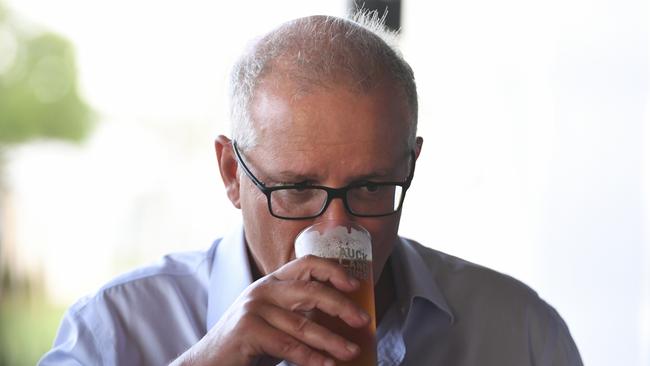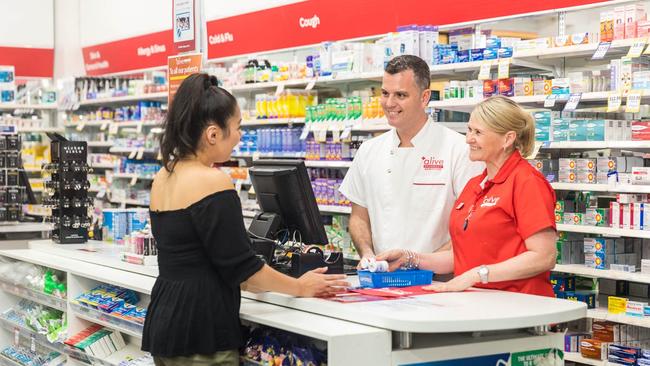Cost of living: Pharmacists join critics of cut to draught beer excise taxes
As Australians increasingly struggle with cost of living pressures, the government is being accused of prioritising pubgoers over patients.
National
Don't miss out on the headlines from National. Followed categories will be added to My News.
A push by the beer industry to cut the cost of draught beer has come under fire from pharmacists who say that Australians struggling under cost of living pressures would much prefer cheaper prescription medicines than a few cents off a schooner down at the pub.
“I know that if I asked my patients if they would prefer the cost of beer or the cost of medicines to be cut, they would say the cost of medicines,” said Trent Twomey, national president of the Pharmacy Guild of Australia.
“Medicines remain unaffordable for so many Australians and our research shows women are particularly hard hit.
“The hip pocket issues which affect women are relevant not just to them but to their entire household,” he said.

Some media reports have suggested that the government was considering a cut to draught beer excise taxes which could lead to around 40 cents being cut from the cost of a schooner in the upcoming federal budget, however Prime Minister Scott Morrison said Tuesday that this was just “speculation.”
The idea has been criticised by a number of groups including restaurants struggling to recover from the pandemic who say that the cut will do nothing to help them and distillers who say that Australia’s exorbitant alcohol taxes should be cut across the board.
The Pharmacy Guild says its research has found in key marginal electorates including NSW’s Dobell, Robertson, and Reid, the cost of health care is more concerning to voters than housing affordability or balancing the federal budget.

More than a quarter of voters in surveyed seats said that they had struggled to afford the cost of prescription medications for themselves and their families, with women, middle income, and younger voters without a concession card hardest hit.
“This is disproportionately affecting women. They know exactly what a loaf of bread, a litre of milk and a rapid antigen test costs. And they know that it all adds up fast,” Mr Twomey said.
“I see mothers in my pharmacy forced to choose which child gets the medicines prescribed by the doctor or not filling their own scripts because there’s nothing left in the budget.”





